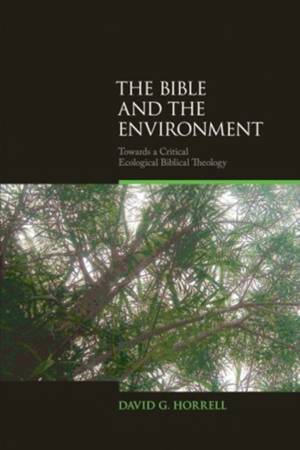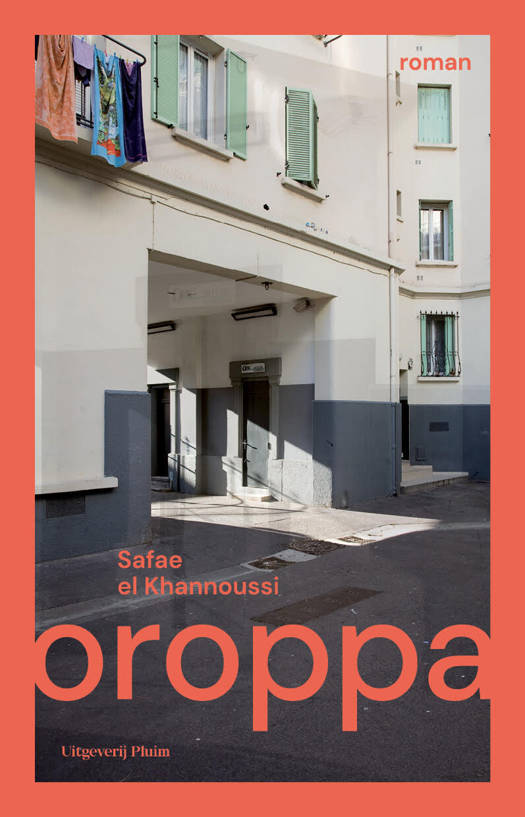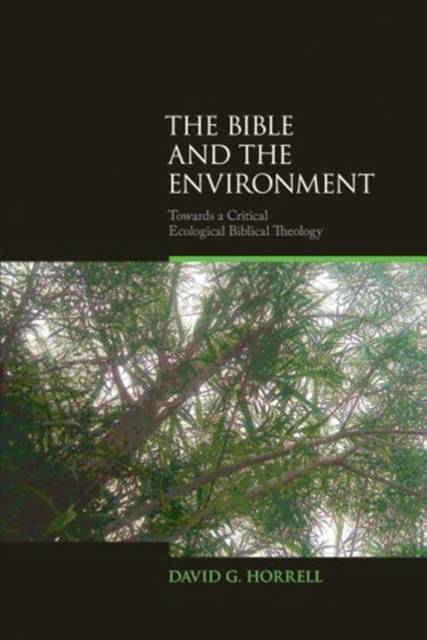
- Afhalen na 1 uur in een winkel met voorraad
- Gratis thuislevering in België vanaf € 30
- Ruim aanbod met 7 miljoen producten
- Afhalen na 1 uur in een winkel met voorraad
- Gratis thuislevering in België vanaf € 30
- Ruim aanbod met 7 miljoen producten
Zoeken
€ 189,45
+ 378 punten
Uitvoering
Omschrijving
The biblical and Christian traditions have long been seen to have legitimated and encouraged humanity's aggressive domination of nature. Biblical visions of the future, with destruction for the earth and rescue for the elect, have also discouraged any concern for the earth's future or the welfare of future generations. But we now live in a time when environmental issues are at the centre of political and ethical debate. What is needed is a new reading of the biblical tradition that can meet the challenges of the ecological issues that face humanity at the beginning of the third millennium. 'The Bible and the Environment' examines a range of biblical texts - from Genesis to Revelation - evaluating competing interpretations. The Bible provides a thoroughly ambivalent legacy. Certainly, it cannot provide straightforward teaching on care for the environment but nor can it simply be seen as an anti-ecological book. Developing an 'ecological hermeneutic' as a way of mediating between contemporary concerns and the biblical text, 'The Bible and the Environment' presents a way of productively reading the Bible in the context of contemporary ecology.
Specificaties
Betrokkenen
- Auteur(s):
- Uitgeverij:
Inhoud
- Aantal bladzijden:
- 176
- Taal:
- Engels
- Reeks:
Eigenschappen
- Productcode (EAN):
- 9781845536213
- Verschijningsdatum:
- 30/11/2010
- Uitvoering:
- Hardcover
- Formaat:
- Ongenaaid / garenloos gebonden
- Afmetingen:
- 160 mm x 236 mm
- Gewicht:
- 417 g

Alleen bij Standaard Boekhandel
+ 378 punten op je klantenkaart van Standaard Boekhandel
Beoordelingen
We publiceren alleen reviews die voldoen aan de voorwaarden voor reviews. Bekijk onze voorwaarden voor reviews.











